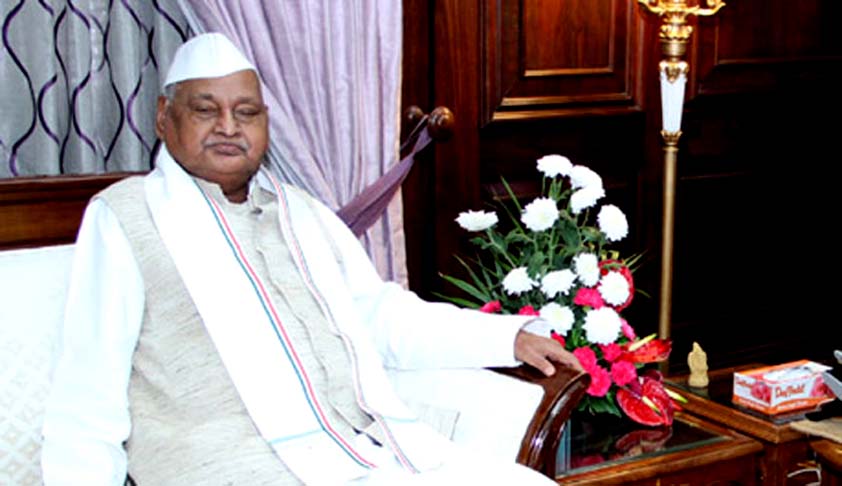‘Vyapam’ scam: Madhya Pradesh High Court quashes FIR against Madhya Pradesh Governor Ram Naresh Yadav
Ajith.S
5 May 2015 9:03 PM IST

Next Story
5 May 2015 9:03 PM IST
The Madhya Pradesh High Court today quashed the FIR filed against Madhya Pradesh Governor Ram Naresh Yadav in connection with the Madhya Pradesh Professional Examination Board (Madhya Pradesh Vyavsayik Pareeksha Mandal or ‘Vyapam’) scam holding that the police is prohibited even from registration of FIR in respect of cognizable offence against the Head of a State as envisaged in Article...
